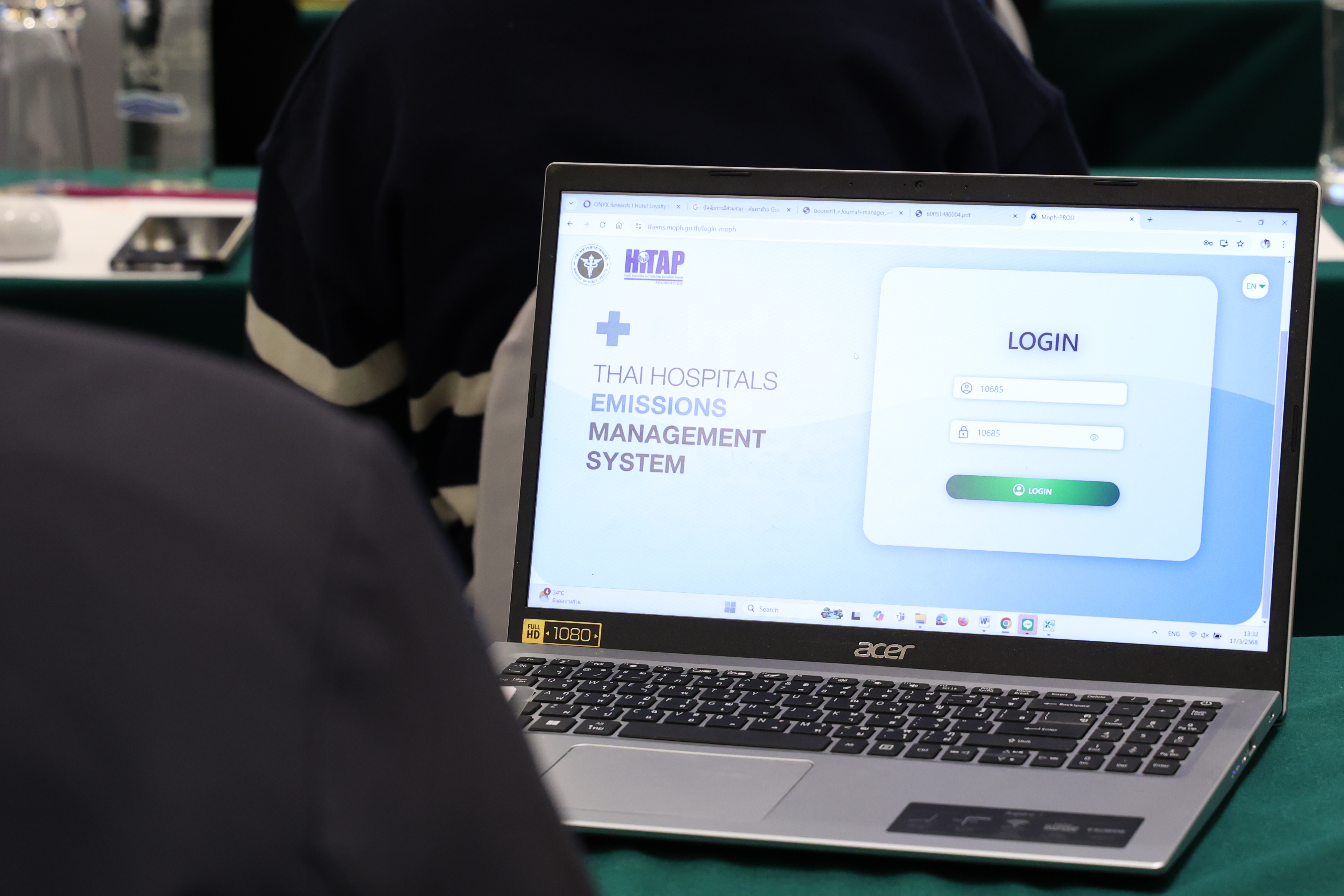People with highly stressful jobs but little real control over decision making are running a 23% increased risk of a heart attack, according to authoritative research.
Many people in today’s world, where the pace of life is fast and money is tight, may consider themselves stressed at work, but the definition used by authors of the study in the Lancet medical journal is precise. They considered job strain to involve high demands on the individual and little freedom to make his or her own decisions about how and when to do the work.
This sort of stress is to be found among all sorts of people, holding down all sorts of jobs on both high and low salaries, said one of the authors of the study, Professor Andrew Steptoe of the department of epidemiology and public health at University College London.
“It is the coupling [of high demand and low control] that is problematic,” he said. “It is more common in low income jobs where people are doing the same thing again and again, such as assembly line work, but it is across the whole social spectrum.
“A doctor could be someone who has very high skills but might well feel that they have very little control over how quickly they can work, and they have high demands on them.”
Some stress will inevitably be subjective, he agreed. “It is a combination of what you are expected to do and how you perceive that and experience that.”
Airline pilots are another group who have a high status job with moderate demands, but the control levels are quite low – constrained by schedules and weather.
The large study, involving nearly 200,000 people from seven European countries, is more accurate in its findings than previous research on the issue, the authors contend, because they pooled the findings of both published and unpublished previous studies in a meta-analysis.
“Our findings indicate that job strain is associated with a small, but consistent, increased risk of experiencing a first CHD [coronary heart disease] event such as a heart attack,” said Professor Mika Kivimäki, from UCL, who led the research.
The 200,000 people in the studies were followed for an average of 7.5 years, during which time there were 2,356 heart attacks or other first-time coronary heart disease events. Among those who met the definition for job strain, the risk was 23% higher than among the others, even after taking into account potentially confounding factors such as lifestyle, age, gender and socio-economic status.
There were other factors in the workplace which could affect stress and health, Steptoe added. “There is uncertainty of employment and whether wages are going up in the way they expected,” he said.
Both employers and individuals could do things to reduce job strain, said Steptoe. But the paper points out that smoking and physical inactivity are still bigger risk factors for heart attacks.
http://www.guardian.co.uk/science/2012/sep/14/work-stress-risk-heart-attack













